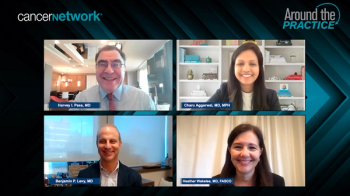
Comprehensive discussion on how biomarker testing and multidisciplinary care can improve the management of non–small cell lung cancer.

Your AI-Trained Oncology Knowledge Connection!


Comprehensive discussion on how biomarker testing and multidisciplinary care can improve the management of non–small cell lung cancer.
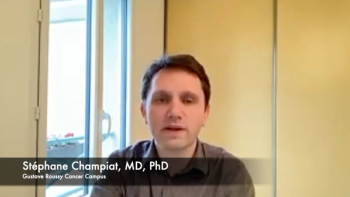
Stéphane Champiat, MD, PhD, spoke about the reasoning behind using the IL-2/IL-15 superagonist SOT101 and where the research is heading for patients with solid tumors.
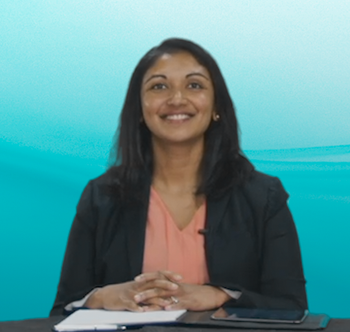
A review of the study design and results of two clinical trials researching quadruplet therapies for newly diagnosed multiple myeloma presented at ASH 2021.
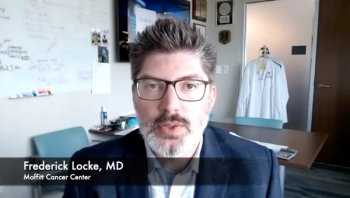
Frederick Lock, MD, spoke about clinicians can best utilize the treatment of axicabtagene ciloleucel for patients with large B-cell lymphoma.
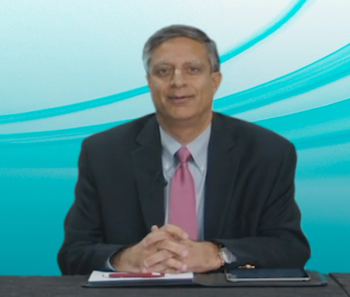
An overview of the currently available frontline treatment options for transplant-eligible multiple myeloma.
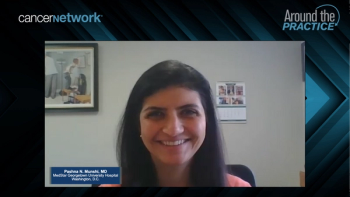
Panelists consider the importance of studying trial drugs in a blinded, randomized fashion to mitigate physician and patient bias regarding patient-reported outcomes for GVHD therapies.
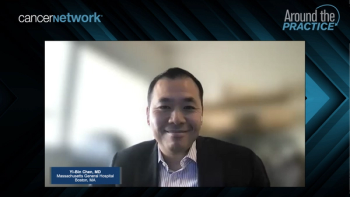
John F. DiPersio, MD, PhD, presents the clinical scenario of a 71-year-old patient postmatched unrelated donor HSCT, and the panel discusses first- and second-line treatment approaches including topical and systemic therapies.
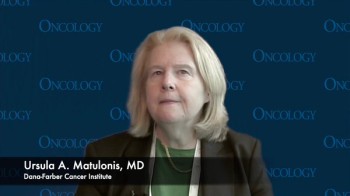
Ursula A. Matulonis, MD, speaks to potential future uses of mirvetuximab soravtansine in ovarian cancer.
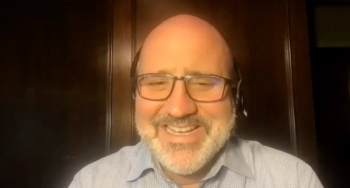
David M. O’Malley, MD, spoke about the approval of pembrolizumab for patients with advanced endometrial carcinoma that is microsatellite instability-high or mismatch repair deficient.
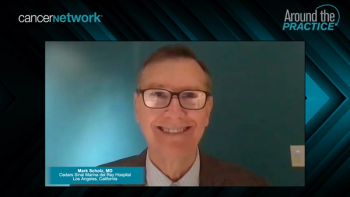
Expert perspectives on optimal genomic testing practices in patients with prostate cancer.
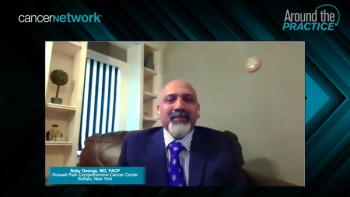
Discussion on the selection of therapy for a patient with metastatic HSPC in the context of available agents and FDA approvals.
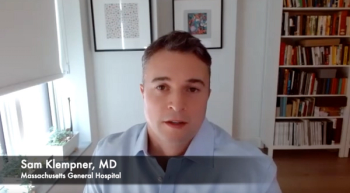
Sam Klempner, MD, spoke about clinical management and ctDNA for gastrointestinal cancers.

At the 2022 Tandem Meetings, Nina Shah, MD, spoke about key findings from the phase 2 KarMMa trial that used idecabtagene vicleucel in patients with relapsed/refractory multiple myeloma.
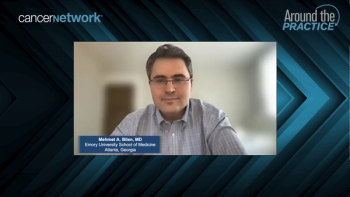
Considerations for whether adjuvant pembrolizumab is the new standard of care for patients with renal cell carcinoma at intermediate or high risk of recurrence.
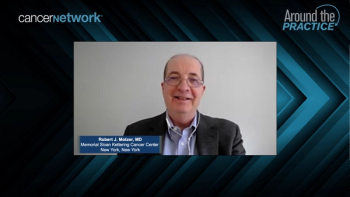
Expert panelists review a clinical scenario of renal cell carcinoma managed with adjuvant pembrolizumab postnephrectomy based on results of the KEYNOTE-564 trial.
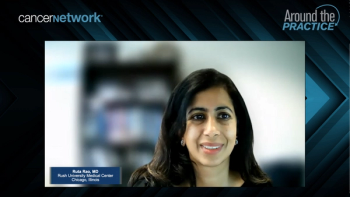
Ruta Rao, MD, discusses her rationale for treating metastatic HER2+ breast cancer with a tucatinib-containing regimen based on data from the HER2CLIMB trial.
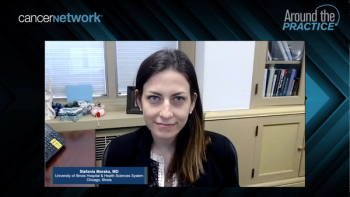
Stefania Maraka, MD, explains the second- and third-line treatment options for metastatic HER2+ breast cancer and how she collaborates with breast oncologists.
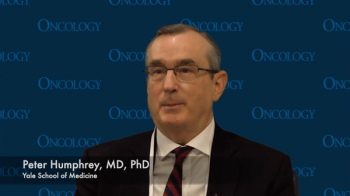
At the 15th Annual Interdisciplinary Prostate Cancer Congress® and Other Genitourinary Malignancies, Peter Humphrey, MD, PhD, spoke about how enrollment for specific trials in renal cell carcinoma may incorporate a patient’s tumor histology.
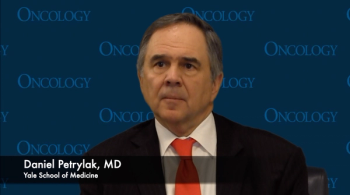
At the 15th Annual Interdisciplinary Prostate Cancer Congress® and Other Genitourinary Malignancies, Daniel P. Petrylak, MD, spoke about ongoing trials may hold promise for the treatment of patients with bladder cancer.

In an interview with CancerNetwork®, Ursula A. Matulonis, MD, discusses the toxicities associated with mirvetuximab soravtansine in folate receptor α–high platinum-resistant ovarian cancer.

Frederick Lock, MD, spoke about how future research regarding axicabtagene ciloleucel for patients with large B-cell lymphoma will progress.

A look at the unmet needs and future directions of multiple myeloma treatment.
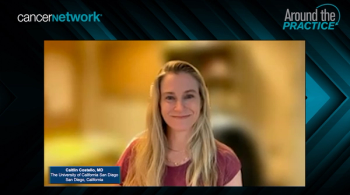
Oncologists highlight novel agents currently being investigated for the treatment of relapsed/refractory multiple myeloma.
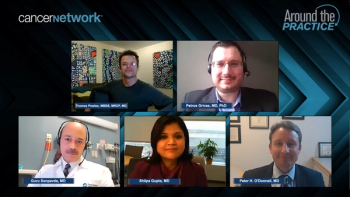
Thomas Powles, MBBS, MRCP, MD, discusses recent data from the JAVELIN Bladder 100 trial on maintenance avelumab therapy plus best supportive care versus BSC alone.

Experts discuss the role of biomarkers in treatment selection for patients with metastatic UC.
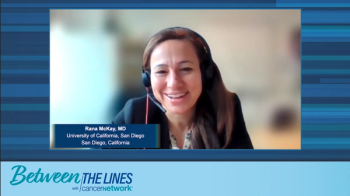
A look at the current unmet needs in front-line renal cell carcinoma treatment.
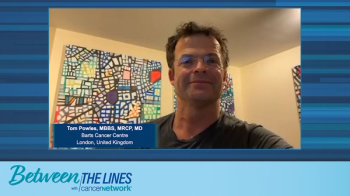
Oncologists review quality of life data for patients with renal cell carcinoma receiving lenvatinib plus pembrolizumab combination treatments.
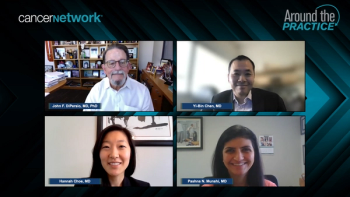
Yi-Bin Chen, MD, reviews factors affecting treatment selection among available pharmacological and ex vivo prophylaxis approaches for GVHD.
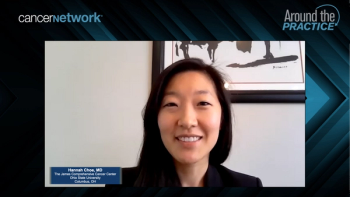
Thought leaders in stem cell transplant and cellular immunotherapy share insights into how they counsel patients about the challenges associated with the long-term management of chronic GVHD.
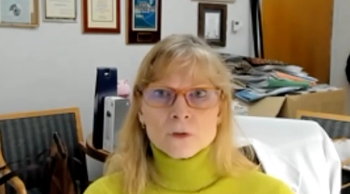
Susan F. Slovin, MD, PhD, spoke about how new approaches can support clinical practice guidelines and physician intuition in treating patients with prostate cancer.